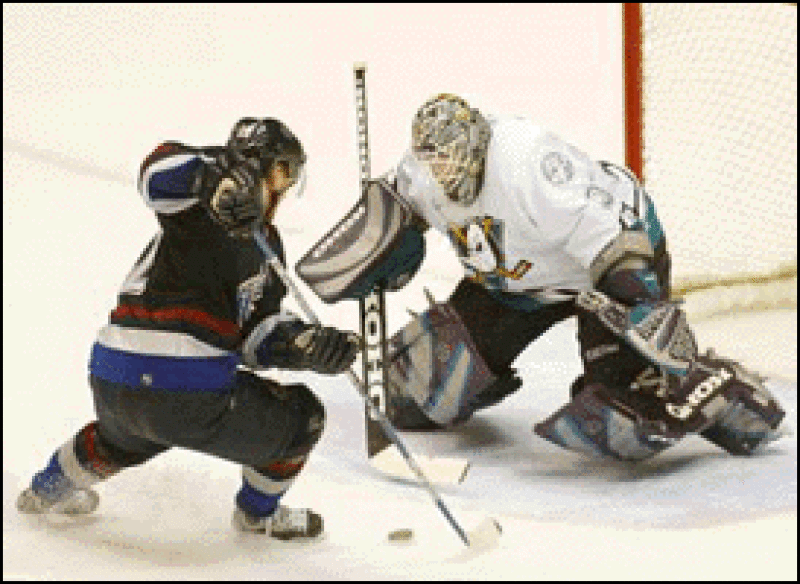
"Clearly, work stoppages may have a material negative impact on the long-term credit quality of some sports transactions," said Daniel Champeau, a managing director at Fitch Ratings. "In the short-term, payment of debt service is generally accommodated by structural provisions in most transactions such as debt service funds."
Also, the current economics of hockey means problems are not kicking in. "The banks and teams are losing less money not playing than playing," noted Sal Galatioto, head of sports finance at Lehman Brothers. "The real problem will be if they don't get the right terms on player contract agreements." Similar to the salary model already in place within the National Football League and National Basketball Association, the NHL is seeking an agreement with the player's union that would link salary growth to team revenue.
"Most teams are prepared to service the debt during the lockout," said Galatioto. "The real issues develop after the lockout, if the fans don't come back." The list of problems for the NHL also includes relatively small national television contracts, no hard salary cap, limited revenue sharing and reported financial losses for many NHL clubs.
NHL teams primarily have working capital financing and bonds related to stadium construction where the teams are one of their anchor tenants. The primary lenders to the NHL are Bank of America, Citigroup, CIT Group and Société Générale. The growth of institutional investors in the loan market has also been reflected in sports deals. In 1999 there were only 37 investors in sports deals, while number is now reportedly around 120.
NHL teams coordinate loans team-by-team as opposed to the league-wide credit often utilized by Major League Baseball. Typical credits include an $80 million credit for Minnesota Sports & Entertainment, owners of the Minnesota Wild, a $65 million credit for the Detroit Red Wings and a $35 million deal for the Pittsburgh Penguins. Reportedly, the bank agreements will let the teams go six months without making debt payments after they run out of cash. The league can use those six months to arrange for the sale of the team or to find another bank willing to refinance the debt.
In an audit of NHL teams in 2002-2003 prepared by Arthur Levitt, chairman of the Securities and Exchange Commission, 19 of the 30 teams lost revenue that totaled $273 million. In 2003-04 season, 20 NHL teams lost money and the league-wide net loss was $224 million. Financial officers at multiple teams either declined comment or did not return calls.







